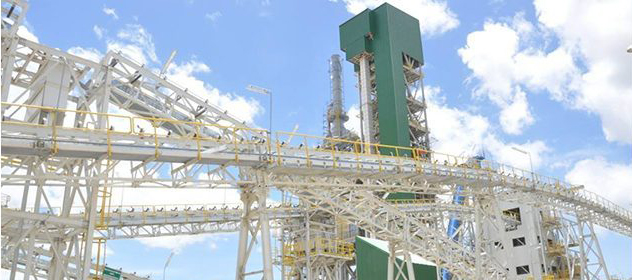NAYPYITAW — The Lower House Investment and Industrial Development Committee, which has been inspecting 24 state-owned factories operating at a loss, is set to submit its preliminary report in December that will urge the government to privatize these factories.
“We’ve decided that the factories should be privatized in different ways depending on the conditions of each factory. For example, they may be transformed into public-private partnerships or joint ventures or run on a profit-sharing basis,” U Aung Kyaw Kyaw Oo, a lawmaker from Yangon’s Hlaing Township and a member of the parliamentary committee, told The Irrawaddy.
There are difficulties in assessing the causes of the loss at each factory, and it has been difficult to obtain accurate and reliable data, he added.
The committee formed two teams comprised of officials from the Ministry of Planning and Finance, the Ministry of Industry and representatives of the Union of Myanmar Federation of Chambers of Commerce and Industry (UMFCCI) to assess the profits and losses of these factories set up by the military regime.
“We don’t have much capacity to write technical, economic and financial reports for each factory. So, we only assessed policies. We will highlight some interesting figures from each factory in the report,” he told The Irrawaddy.
“We’ll submit the preliminary report by the end of this month. This is just initial report and we’ll submit recommendations later. We will inform the public after presenting the report,” Banks and Monetary Affairs Development Committee chairwoman Daw Khin San Hlaing told The Irrawaddy.
Among the factories operating at a loss are steel plants in Mandalay Region’s Myingyan and Shan State’s Pangpet, paper mills in Irrawaddy Region’s Thabaung Township, and heavy industry in Bago Region’s Thagara, as well as textile factories.
U Than Lwin, advisor to one of Myanmar’s largest conglomerates Kanbawza Group, suggested that the government should not privatize all of the factories but continue operating some – such as the Burma Pharmaceutical Industry (BPI) – at a loss for the public good.
Though mismanagement is to blame for the losses at certain factories, the National League for Democracy (NLD)-led government should not overgeneralize the situation and privatize them all, he added.
“Looking at public health, operating BPI at a loss is a good thing, done with good intentions,” U Than Lwin said.
“But on the other hand, establishing steel factories concerns government policy. If it continues operating this, it should at least break even,” he added, calling on the government to only keep operating factories at a loss if they benefit the public welfare.
Union Industry Minister U Khin Maung Cho told reporters in Naypyitaw on Nov. 9 that the NLD-led government has been able to make one of textile factories in Myingyan Township of Mandalay Region that was operating at a loss profitable after 18 months of overhaul and partnership with a private company.

















